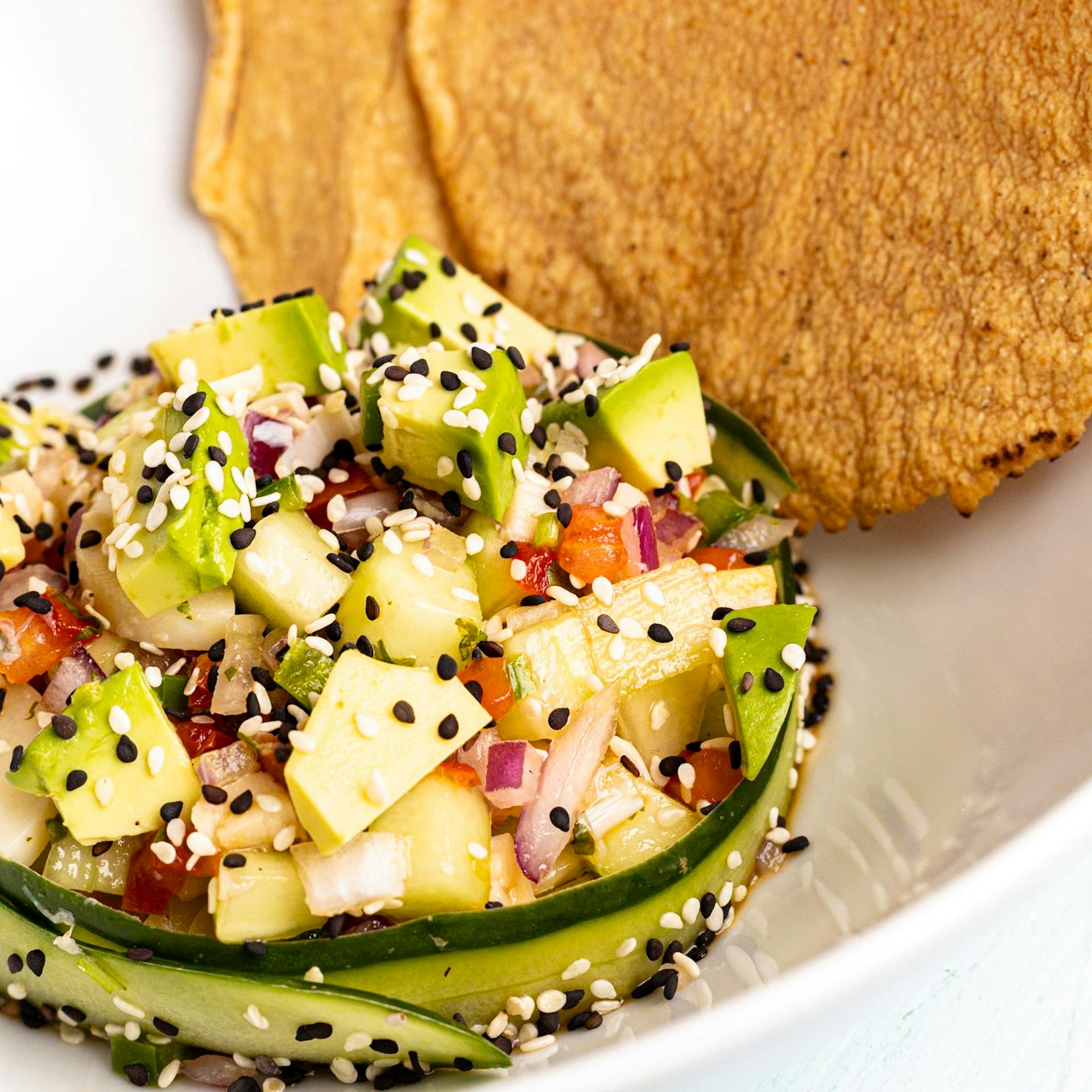Vegan Nutrition Guide: Essential Nutrients for Beginners

If you’re new to a vegan diet, it’s essential to ensure you’re getting all the nutrients your body needs for optimal health. A well-planned vegan diet can provide most of the necessary vitamins and minerals, but certain nutrients may require extra attention. This guide will cover the essential nutrients for beginners on a vegan diet and how to ensure you’re getting enough of each.
1. Protein: Building Blocks for Your Body
One of the first concerns for people transitioning to a vegan diet is how to get enough protein. While plant-based sources of protein are plentiful, it’s important to include a variety of them to ensure you’re getting all nine essential amino acids.
Top Vegan Protein Sources:
- Lentils
- Chickpeas
- Tofu
- Tempeh
- Quinoa
- Edamame
- Black beans
- Nuts and seeds (chia, hemp, flaxseeds)
Tip: Aim for about 50–60 grams of protein per day, depending on your age, weight, and activity level.
2. Iron: Boosting Energy and Preventing Fatigue
Iron is crucial for carrying oxygen in your blood, and vegans need to consume more iron than meat-eaters because plant-based iron (non-heme iron) is not as easily absorbed.
Best Vegan Iron Sources:
- Spinach
- Lentils
- Kidney beans
- Fortified cereals
- Pumpkin seeds
- Blackstrap molasses
Tip: Pair iron-rich foods with vitamin C (e.g., citrus fruits, bell peppers, tomatoes) to improve absorption.
3. Vitamin B12: Essential for Nervous System Health
Vitamin B12 is perhaps the most important nutrient to monitor on a vegan diet, as it’s primarily found in animal products. A deficiency in B12 can lead to anemia and nervous system damage.
How to Get Vitamin B12:
- Fortified plant milks (e.g., almond, soy)
- Fortified nutritional yeast
- B12 supplements
Tip: Taking a B12 supplement or eating fortified foods daily is recommended for all vegans.
4. Omega-3 Fatty Acids: Heart and Brain Health
Omega-3 fatty acids are essential for heart and brain health, and while they are abundant in fish, vegans can get them from plant sources such as flaxseeds, chia seeds, and walnuts.
Vegan Omega-3 Sources:
- Flaxseeds (ground)
- Chia seeds
- Hemp seeds
- Walnuts
- Algal oil (derived from algae)
Tip: Ground flaxseeds can be sprinkled on oatmeal, smoothies, or salads for an easy omega-3 boost.
5. Calcium: Strong Bones Without Dairy
Calcium is important for bone health, and while dairy products are the most common source, vegans can get plenty of calcium from plant-based foods and fortified products.
Top Vegan Calcium Sources:
- Fortified plant milks (soy, almond, oat)
- Fortified orange juice
- Tofu (made with calcium sulfate)
- Kale, collard greens, and bok choy
- Almonds
Tip: Ensure you’re consuming about 1,000 mg of calcium per day through fortified foods or supplements.
6. Vitamin D: Enhancing Calcium Absorption
Vitamin D is important for calcium absorption and immune health. Unfortunately, it’s not found in many foods naturally, so vegans should focus on fortified foods and sunlight exposure.
Vegan Vitamin D Sources:
- Sunlight (10–15 minutes of sun exposure daily)
- Fortified plant milks
- Fortified orange juice
- Mushrooms exposed to sunlight (like maitake and shiitake)
Tip: Consider taking a Vitamin D2 or D3 supplement during the winter or if you live in areas with limited sunlight.
7. Zinc: Immune Support and Metabolism
Zinc is essential for immune function and wound healing. Plant-based sources are available, but zinc from plants is not as easily absorbed, so vegans may need more than the recommended daily intake.
Best Vegan Zinc Sources:
- Chickpeas
- Lentils
- Pumpkin seeds
- Quinoa
- Tofu
- Fortified cereals
Tip: Soaking and sprouting legumes, grains, and seeds can enhance zinc absorption.
Final Thoughts
A vegan diet can be incredibly healthy when planned properly. By incorporating a variety of nutrient-rich foods, you can meet all your nutritional needs. For beginners, paying attention to key nutrients like protein, iron, B12, calcium, and omega-3s will set you up for success. Don’t hesitate to consult with a healthcare professional or dietitian to ensure you’re getting everything you need as you transition into a vegan lifestyle.




